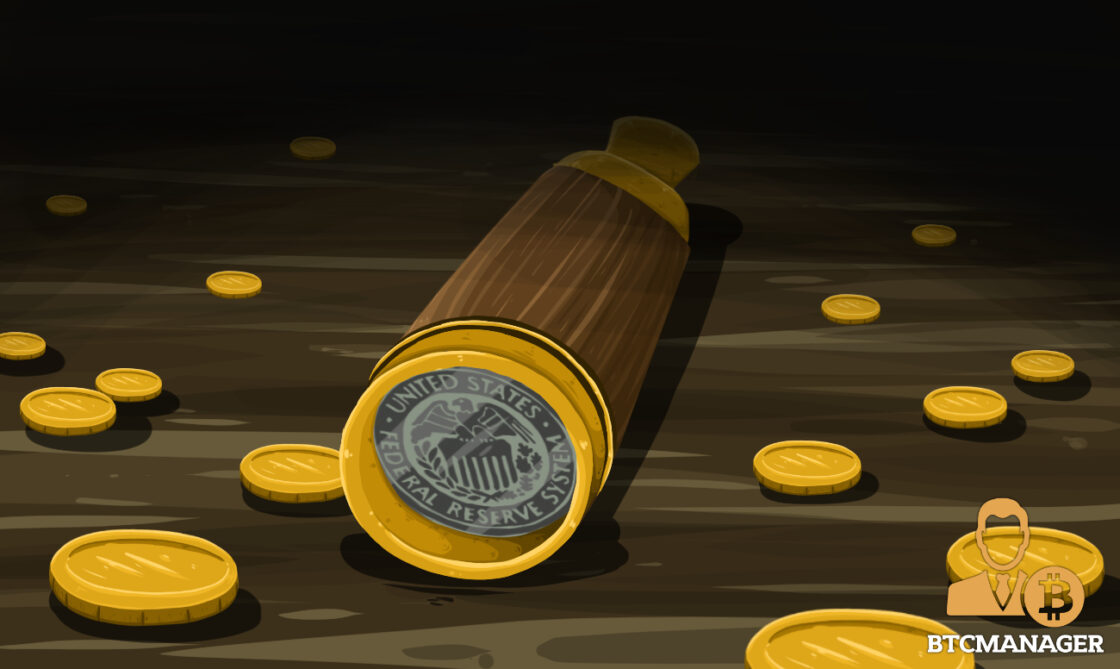PALO ALTO, Calif. (Reuters) - The Federal Reserve is looking at a broad variety of problems around digital payments and currencies, including policy, style and legal considerations around possibly releasing its own digital currency, Governor Lael Brainard said on Wednesday. Brainard's remarks suggest more openness to the possibility of a Fed-issued digital coin than in the past." By transforming payments, digitalization has the prospective to provide greater value and convenience at lower expense," Brainard said at a conference on payments at the Stanford Graduate School of Organization.
Reserve banks internationally are debating how to handle digital finance technology and the distributed journal systems used by bitcoin, which promises near-instantaneous payment at possibly low expense. The Fed is developing its own round-the-clock real-time payments and settlement service and is presently evaluating 200 comment letters sent late in 2015 about the suggested service's style and scope, Brainard said.
Less than 2 years ago Brainard informed a conference in San Francisco that there is "no engaging showed requirement" for such a coin. But that was before the scope of Facebook's digital currency aspirations were widely known. Fed officials, including Brainard, have actually raised issues about consumer protections and data and privacy risks that might be presented by a currency that could come into usage by the third of the world's population that have Facebook accounts.
" We are working together with other reserve banks as we advance our understanding of reserve bank digital currencies," she said. With more countries looking into issuing their own digital currencies, Brainard said, that adds to "a set of reasons to also be making sure that we are that frontier of both research study and policy advancement." In the United States, Brainard stated, concerns that need study consist of whether a digital currency would make the payments system more secure or simpler, and whether it could position monetary stability dangers, consisting of the possibility of bank runs if cash can be turned "with a single swipe" into the reserve bank's digital currency.
To counter the monetary damage from America's extraordinary national lockdown, the Federal Reserve has actually taken unmatched actions, including flooding the economy with dollars and investing straight in the economy. The majority of these moves got grudging approval click here even from lots of Fed doubters, as they saw this stimulus as needed and something only the Fed could do.

My new CEI report, "Government-Run Payment Systems Are Hazardous at Any Speed: The Case Against Fedcoin and FedNow," details the threats of the Fed's existing strategies for its FedNow real-time payment system, and propositions for central bank-issued cryptocurrency that have been called Fedcoin or the "digital dollar." In my report, I discuss issues about personal privacy, information security, currency control, and crowding out private-sector competitors and development.
Supporters of FedNow and Fedcoin say the federal government needs to develop a system for payments to deposit instantly, rather than motivate such systems in the personal sector by lifting regulative barriers. However as noted in the paper, the personal sector is supplying a relatively limitless supply of payment innovations and digital currencies to fix the problemto the level it is a problemof the time gap in between when a payment is sent out and when it is gotten in a checking account.
And the examples of private-sector development in this location are lots of. The Clearing Home, a bank-held cooperative that has been routing interbank payments in different types for more than 150 years, has actually been clearing real-time payments because 2017. By the end of 2018 it was covering half of the deposit base in the U.S.